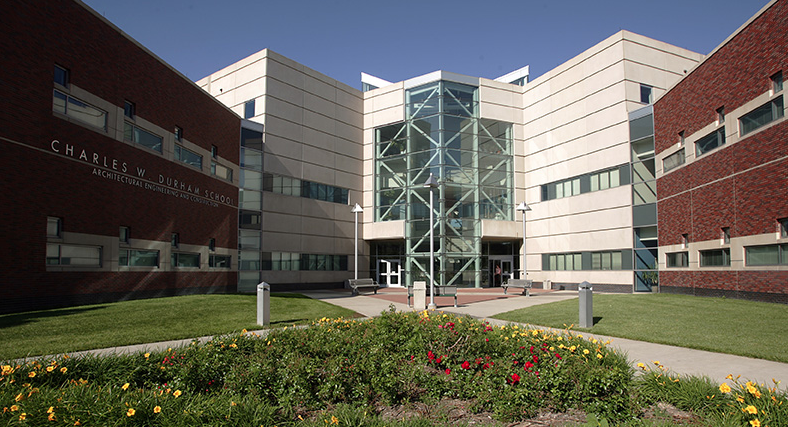
The University of Nebraska’s proposed budget for 2014-2015 includes a continued tuition freeze for resident students and investments in six priority initiatives.
James Linder, NU’s interim president, announced the budget proposal on May 23. The NU Board of Regents will consider the budget request at its May 30 meeting.
Linder said the proposed budget — which includes $800,000 to support faculty hires for the Peter Kiewit Institute collaboration between the UNL’s College of Engineering and the University of Omaha’s College of Information Science and Technology — reflects the university’s priority of affordable excellence.
“The University of Nebraska is in a strong position to advance our work in areas that matter to Nebraskans and people around the world. With additional targeted investments, we would do even more to leverage the resources of our four campuses for the benefit of the state,” Linder said. “We’re able to make these investments because of increased support from the state. I continue to be grateful to the Governor and members of the Legislature for their support of affordable, quality higher education that serves the people of Nebraska.”
If approved, this will be the second-consecutive year the university has extended a tuition freeze to Nebraska resident students. Linder said nonresident students will see a “modest” tuition increase.
The freeze on resident tuition is the second phase of a two-year “affordability compact” reached in 2013 between the university and state. Through the compact, the university committed to freeze tuition for all Nebraska students for 2013-14 and 2014-15 if the state would renew its investment in higher education after five years of essentially flat funding for operations. The legislature and governor approved a 4 percent annual increase in state appropriations for NU for the current biennium. Accordingly, tuition for all Nebraska students is being frozen for two years.
The tuition freeze will save the average undergraduate about $1,000.
The freeze guarantees that tuition rates on each NU campus will remain below peer averages. Resident tuition and fees are 28 percent below the peer average for UNL, 27 percent below for UNO and 22 percent below for UNK. The university’s nonresident tuition rates also are below the peer averages.
The faculty hires at the Peter Kiewit Institute will be inline with the collaboration’s strategic plan approved earlier this year by the board of regents. The plan calls for the faculty hires and other growth measures to better meet workforce needs in Omaha and Nebraska.
Other strategic investments in the proposed 2014-2015 budget include:
Nearly $1.3 million to support the work of the Buffett Early Childhood Institute, a university-wide institute dedicated to creating a more level playing field for at-risk children and families.
$500,000 for personnel needs for the Health Science Education Complex, a collaboration between the University of Nebraska Medical Center and the University of Nebraska at Kearney that will expand UNMC nursing and allied health programs on the Kearney campus. Groundbreaking for the facility, which will create space for hundreds more Kearney-based nursing and allied health professions students, took place last month. The additional investment would support faculty hiring to meet increased student demands. The nursing and allied health expansion in Kearney was part of the university’s Building a Healthier Nebraska initiative, which was supported by the Governor and Legislature in 2012.
$500,000 to support personnel and programmatic needs of the Rural Futures Institute, a university-wide initiative focused on sustaining and enhancing the economy and quality of life in nonmetropolitan areas in Nebraska and beyond.
$2.5 million toward the university’s Programs of Excellence, which are high-priority academic areas across the four campuses. Programs of Excellence funds are awarded on a competitive basis to enhance the success and reputation of outstanding programs.
A 3 percent increase in the salary pool for faculty and staff outside the collective bargaining units at UNO and UNK. Per Board policy, the funds would be distributed on the basis of merit and performance.
Under the proposed budget, the university faces about $2.2 million in reallocations for 2014-15. That comes on top of $78 million the university has reallocated since 2000.







